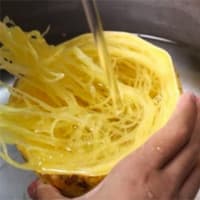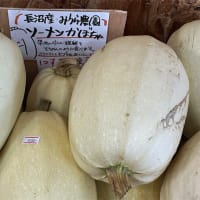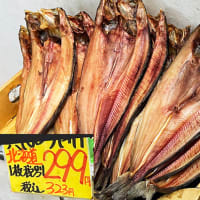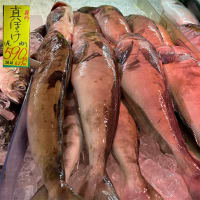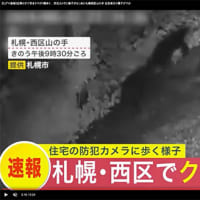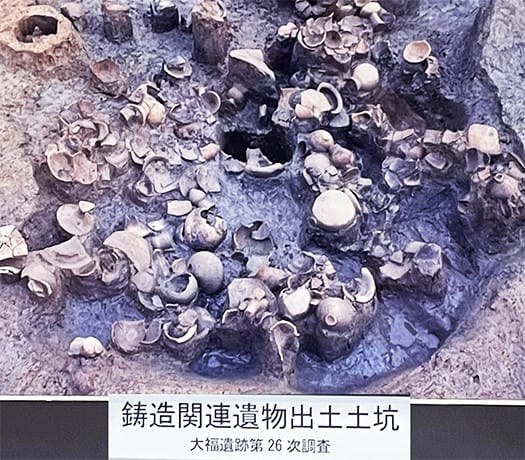

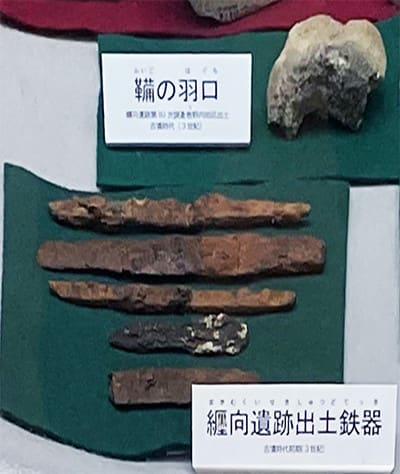
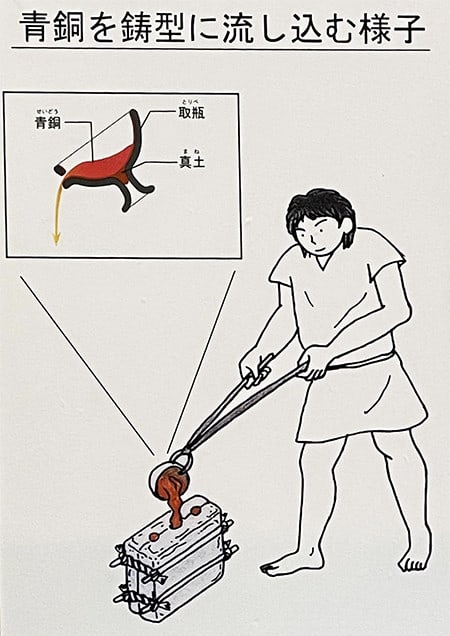
さて今週末には参議院選挙がある。
権力には「宰をふるう」という始原的な役割がある。
為政者とはまずなによりも人々が食べていけるように「宰領」する存在であり
そのためにみんなが食べる肉を切り分けるという語源的意味。
現代で言えば、まさに生きた経済をどう振興させるのか、が最重要。
だれが為政者になっても主要な役割はまさにこれだと思う。
大和地域、奈良県の始原の日本国家生成の場と思える
纏向遺跡を見学し、さまざまな発掘考古資料、解明に接していると
この権力の始原的役割についての痕跡を見つめることになる。
本日は、鉄器や銅製品などの金属加工、いわば「工業」振興。
その成功が日本国家の正統性をながく担保してきたというポイントです。
もちろん人々のいのちを支える食糧問題が社会のすべての基本ですが、
日本の国ではそれはそのまま水田のための農業土木技術、
そして「水を管理する」システムの技術開発を統御し発展させること。
それがおおむね正着であっただろうことが、
長く続いた王権の正統性そのものだったのだろうと思います。
基本的な農業土木についてはまず最重要なのは金属器加工生産技術。
土地を「稲穂がみのる」ように改良することがこの列島国土では
もっとも基本的な必須技術要素となっていた。
土地の生産効率を飛躍的に高めることが最優先された。
それには金属加工による土地改良の道具の生産革新優位性が求められた。
飛鳥でも王宮にきわめて近接して「池工房」があって
さまざまな金属加工痕跡が残されているけれど、
この纏向遺跡でもまったく同様に金属加工のさまざまな遺物が発掘される。
銅製品から鉄製品に主役が交代したことが、
出雲とヤマトの「国譲り」に大きな力学として働いたように推量もできる。
ヤマト政権は半島との繋がりなどで、この技術への優位性があったのだろう。
国土の土木改良のための鉄器生産が一元コントロールされていたように思う。
このテクノロジーを握った上で、あとは自然の季節運行について
天体観測や気候調整祈祷・対応などの「科学的解明」に基づき農事指導した。
そして最後は「民のために祈る」ことが日本的王権の意義だった。・・・
この纏向の時代にはその鉄の原材料は朝鮮半島から輸入されていた。
それを使って鉄器に加工生産していた痕跡とされる。
東アジアのフロンティアとしての日本列島社会ではこの経済の基本物資は
朝鮮半島地域に依存していた。だから後の世の白村江出兵があった。
もっとも安定的な輸入窓口だった「百済」がまさに生命線だった。
こういう金属加工の技術拡散がその後の列島社会発展の実相だったように思う。
どうも「経済振興・民の暮らし」一択が日本の「国」という気がします。
English version⬇
Japanese Kingship and "Industrial Power" Economic Promotion Yamato Historical Testimony-16
The beginning of Japanese kingship. Metalworking workshops associated with the royal court existed both in Asuka and in Makimuku. The people's true intention was to promote the economy. ...
Now, this weekend we have an election for the House of Councillors.
Power has the primordial role of "presiding.
The first and foremost role of a politician is to "govern" so that the people can eat.
The etymological meaning of the word is to carve out a piece of meat for everyone to eat.
In modern times, the most important thing is how to promote a living economy.
This is the main role of any government, no matter who is in power.
The Yamato area, Nara Prefecture, seems to be the place where the original Japanese nation was born.
Visiting the Makimuku ruins and being exposed to various excavated archaeological materials and clarifications, I was able to understand the role of this primordial power.
I see traces of the primordial role of this power.
Today, the promotion of "industry," so to speak, in the form of metalworking, such as ironware and copperware.
The point is that its success has long ensured the legitimacy of the Japanese nation.
Of course, the issue of food, which sustains people's lives, is fundamental to all aspects of society.
In Japan, this is directly related to agricultural engineering technology for rice paddies, and the technology of the "water management" system.
In Japan, however, it is the responsibility of the government to control and develop agricultural engineering technology for paddy fields and the technological development of "water management" systems.
This would have been the main focus of the long-lasting legitimacy of the kingship.
I believe that this was the very legitimacy of the long-lasting royal authority.
In terms of basic agricultural engineering, the most important technology was metalworking and production.
The most basic and indispensable technological element in the archipelago was to improve the land so that it would "produce ears of rice".
The most basic and indispensable technological element in this archipelago is to improve the land so that "ears of rice can grow.
The first priority was to dramatically increase the production efficiency of the land.
This required the innovative advantage of metalworking in the production of tools for land improvement.
In Asuka, the "Pond Workshop" was located very close to the royal palace, and various traces of metalworking were left behind.
and various traces of metalworking have been left behind.
In the same way, various metalworking artifacts have been unearthed at the Makimuku site.
The shift in the main role from copper products to iron products is evident.
The shift from copper to iron products can be inferred to have played a major role in the "handover of the land" between Izumo and Yamato.
The Yamato regime probably had an advantage in this technology due to its ties to the peninsula.
It seems that the production of iron tools for civil engineering improvements in the land was centrally controlled.
With this technology in hand, the rest is about the seasonal operation of nature.
The agricultural guidance was based on "scientific clarification" of astronomical observations, climate control prayers and responses, etc.
And finally, "praying for the people" was the significance of Japanese kingship. ...
During this period of Makimuku, the raw material for iron was imported from the Korean peninsula.
It is believed that traces of the processing and production of ironware using this raw material were found.
Japanese society, as the frontier of East Asia, depended on the Korean Peninsula for the basic commodities of its economy.
The Japanese society as a frontier in East Asia depended on the Korean Peninsula for the basic commodities of its economy. This is why the later Japanese invasion of the Hakuchon River was so important.
Baekje," which was the most stable import window, was a lifeline.
The diffusion of metalworking technology seems to have been the reality of the subsequent development of society in the archipelago.
I feel that Japan's "country" is only about "economic promotion and people's livelihood.











